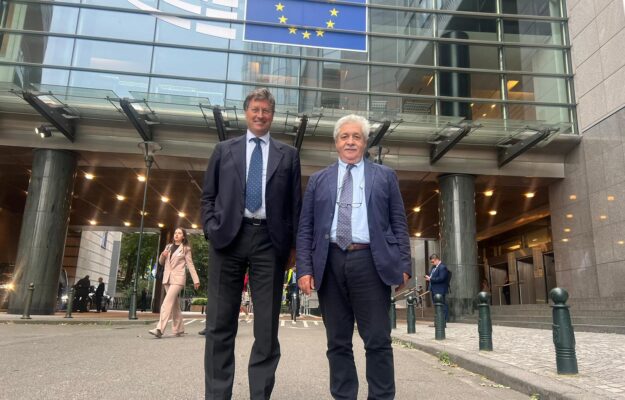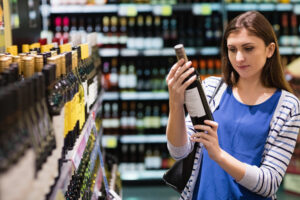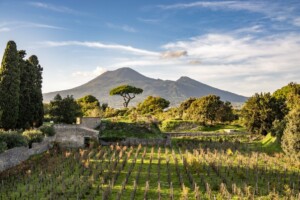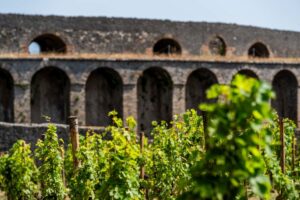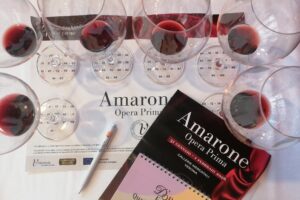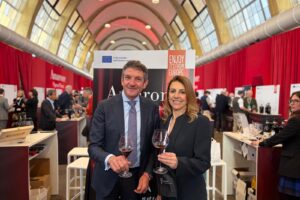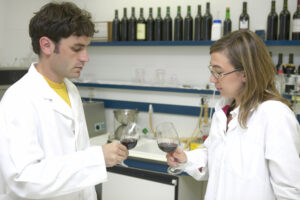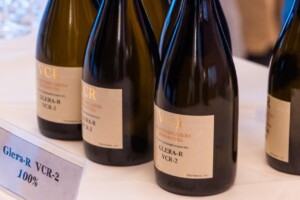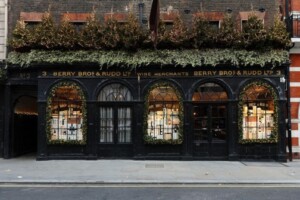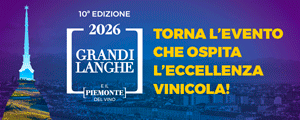Chianti is acting as spokesman for the demands and needs of the Italian wine sector in Europe, bringing to the table of the European Parliament two strategic issues for the future of the sector: access to credit for wineries and the nomenclature code. As the president of the Consorzio Vino Chianti, Giovanni Busi, who led the delegation to Brussels, along with director Marco Alessandro Bani, told WineNews, “access to credit is a fundamental issue for the entire wine world. The instances we brought to Brussels are a further step in a journey that began in February, with the forum hosted by the Italian Parliament with professional organizations. The goal is to ensure, within the Basel Pact, different parameters to access to credit for agriculture, which today is equated with any other sector, from industry to trade. While this may be fine for companies with a relatively fast-turning warehouse, for companies where the warehouse turns over just once a year, it is not a functional model. Those who produce grapes, for example, do it once a year, as do those who produce grain, and not because of incompetence or inability, but because that’s what the production cycle of plants is”, the president of the Consorzio del Vino Chianti points out.
“This is a distortion that needs to be corrected, seeking adjustments, and this is what yesterday we asked the President of the Committee on Economic and Monetary Affairs of the European Parliament, Irene Tinagli, the MEP Camilla Laureti and the representative of Abi (Italian Banking Association), to whom we urged an easing of the exposures of farms, trying to understand the possibility of deferring the debt over a much longer period than the current maturities”, Giovanni Busi continues. “Our task is to bring the issues and demands of the supply chain to the table, now the ball is in the court of parliamentarians, who will have to make a pass with their colleagues from France, Spain and other countries, but we have also asked the other European trade associations to bring to light the problems of the different countries, given that France, for example, has begun to grub up 7,000 hectares planted with vines in Bordeaux, a sign that some problems exist. If we could join forces and instances, it would be easier”, says the president of the Consorzio del Vino Chianti.
“With Mr. Paolo De Castro, on the other hand, we tackled a second topic, which is more technical, but which is very important to us: the nomenclature code, which identifies Chianti on the world market. Today, Chianti ends up under the category of “Tuscan red wine”, but we would like to have our own code, so we can understand exactly how many bottles end up in an individual country. We have percentages that are plausible, on the strength of the fact that the bulk of Chianti is bottled by 15 large companies, but they are still not accurate data, which would allow us to understand whether the marketing and communication activities we do as a consortium, are right or need to be rethought. We are aware”, Giovanni Busi concludes, “that the investments made in China have brought tangible results, but now we need to know exactly how much we are growing. On this issue we are very far ahead, an answer could arrive already by the end of the year, even if Brussels is never too happy to accept requests of this kind, the last ones to succeed were Prosecco and Doc Sicilia (in 2017, ed.)”.
Copyright © 2000/2026
Contatti: info@winenews.it
Seguici anche su Twitter: @WineNewsIt
Seguici anche su Facebook: @winenewsit
Questo articolo è tratto dall'archivio di WineNews - Tutti i diritti riservati - Copyright © 2000/2026










